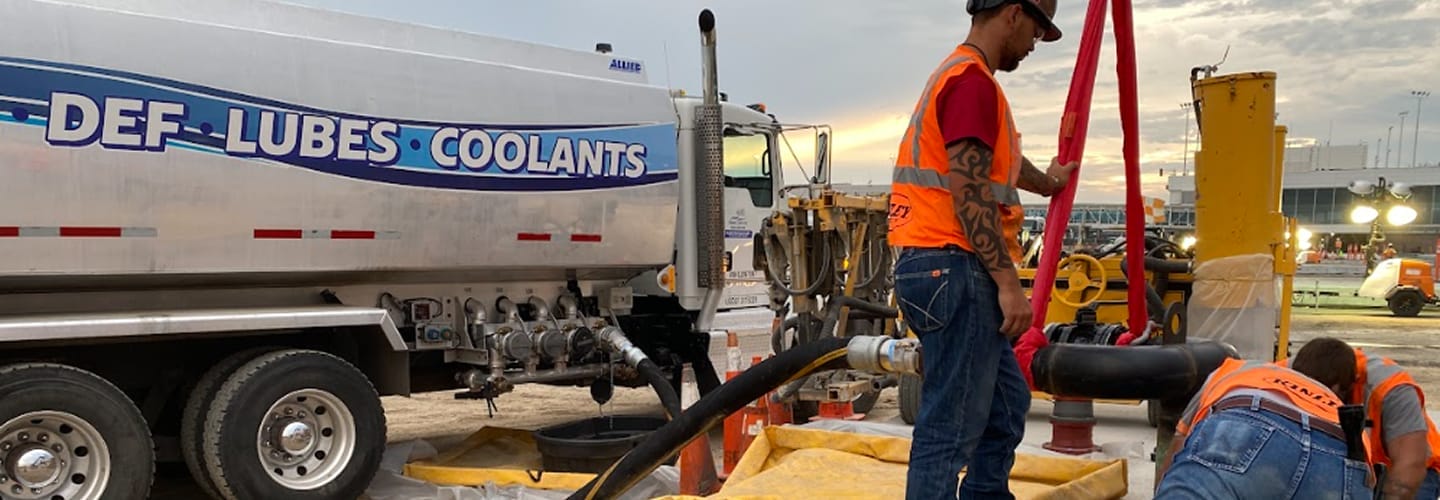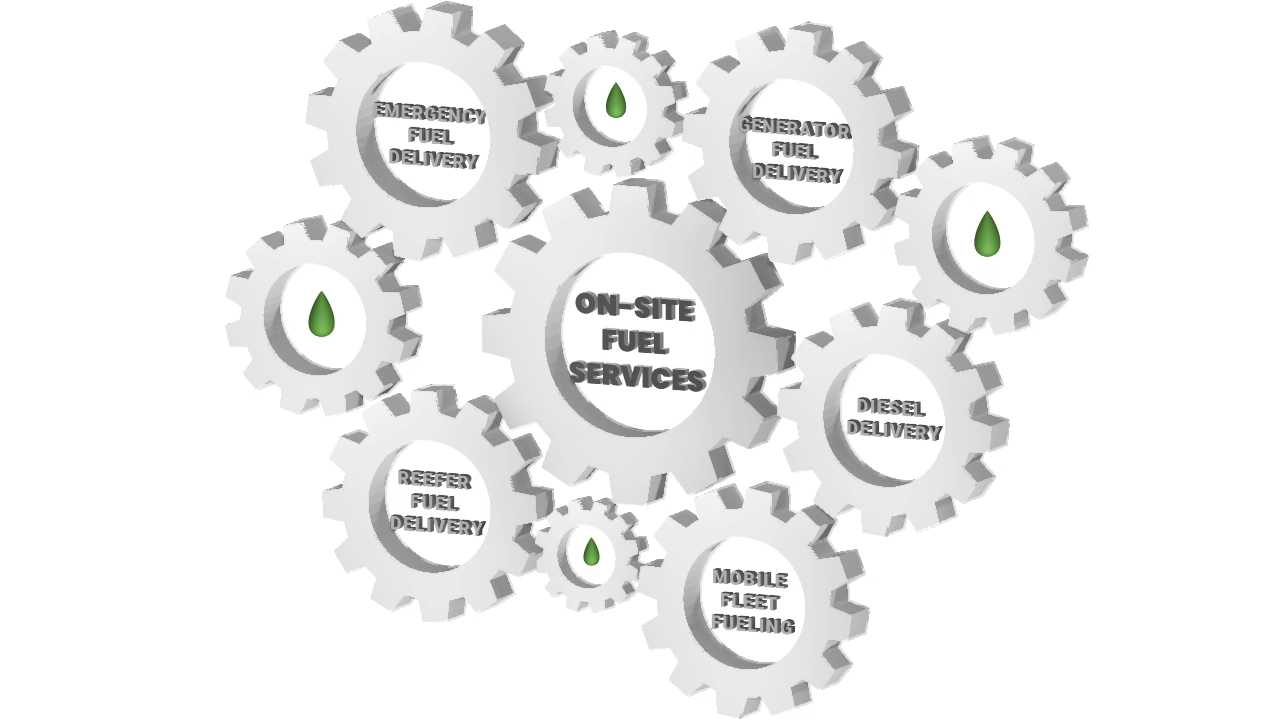On-Site Fuel Services
Seamless On-Site Fuel Delivery Services For Colorado’s Essential Industries
What You Need — Where and When You Need It

On-Site Fuel Delivery Services Portfolio
Seamless. Scalable. Sustainable. Fuel Services Designed For You.
We offer a customized portfolio of managed solutions to streamline your supply chain and procurement requirements and provide peace of mind for your ongoing operational support needs.

Why Fleet Core
Our Unwavering Commitment: Quality. Safety. Customer Satisfaction.
Discover Our Fleet Core Advantage: We Are Built for Colorado Businesses. We understand the demands of your operations and have the Fuel Services solutions to support your energy management needs.
Quality Fuel You Can Trust
Our combination of reputable fuel suppliers and rigorous quality control standards delivers:
- Clean, high-quality fuel that meets or exceeds industry standards
- Fuel free from contaminants
- Extended equipment life and maximum fuel efficiency
Safety First
The safety of your fuel supply is our top priority, driven by:
- Strict safety guidelines
- State-of-the-art equipment designed to minimize the risk of spills, leaks, and other potential hazards
- Experienced, trained drivers who transport and handle your fuel with the utmost care and professionalism.
Exceptional Customer Service
- Our PURPOSE — a perfect customer experience
- Expert guidance
- Dedicated support
- Integrated fuel, fluid, environmental, and waste management services
- Our GOAL — an energy partnership and long-term relationship

Who We Serve
Your Operations Matter: Here’s How We Help With On-Site Fuel Services

Fleet Management
Learn more →

Fleet Management
Your Challenge
Managing unpredictable fuel usage across urban and rural operations.
Our Solution
Scheduled fueling for 24/7 fleet support across Colorado.

Operations Management
Learn more →

Operations Management
Your Challenge
Single or multi-site location inefficiencies and tracking site-wide consumption.
Our Solution
Centralized monitoring and coordinated deliveries.

Construction Site Management
Learn more →

Construction Site Management
Your Challenge
Fueling cranes, excavators, heavy machinery, and generators, under tight deadlines at high altitudes.
Our Solution
On-time site fueling across rural and urban construction project sites.

Facilities Management
Learn more →

Facilities Management
Your Challenge
Maintaining operational continuity during resource-demand spikes or grid instability.
Our Solution
Bulk fueling and generator support to ensure smooth operations during Colorado’s unpredictable weather.

Engineering Management
Learn more →

Engineering Management
Your Challenge
Maintaining 24/7 backup systems for infrastructure reliability.
Our Solution
Emergency generator fuel and proactive inventory monitoring statewide.

Emergency Response Management
Learn more →

Emergency Response Management
Your Challenge
Delayed response times caused by fuel shortages during severe weather, power outages, or crises.
Our Solution
24/7 emergency response fueling to safeguard lives and operations.
Our Process
Energy Partnership with Our On-Site Fuel Delivery Services — A Seamless, Hassle-Free Process
Ready to experience the Fleet Core difference? Getting started is hassle-free — our step-by-step plan to setting up your customized fuel delivery plan.
Step 1: Request a Free Fuel Assessment
Our Colorado-based experts will analyze your needs to build a custom fueling plan.
Step 2: Integrate Fleet Core Solutions
Seamlessly transition to an energy-fueling partner that integrates deliveries, performance improvement, tracking, and operational improvements.
Step 3: Power Your Success
Fleet Core supports your growth across the front range from first delivery to long-term optimization plans.

Testimonials
Our Commitment To Excellence
Fleet Core is more than just a fuel and fluid provider — we are your comprehensive ENERGY PARTNER supporting operational reliability, productivity, and sustainability.
“Great company and great service!! Employees are well trained and very professional!!”
“Fleet Core offers excellent customer service. They complete the commitments they make and take care of their clients.”
“Great Diesel and Service. Extremely low temps and Core Power didn’t let me down. I would recommend Fleet Core and Core Power diesel to anyone in the Denver area.”
“Quick and efficient on-site fuel delivery.”





